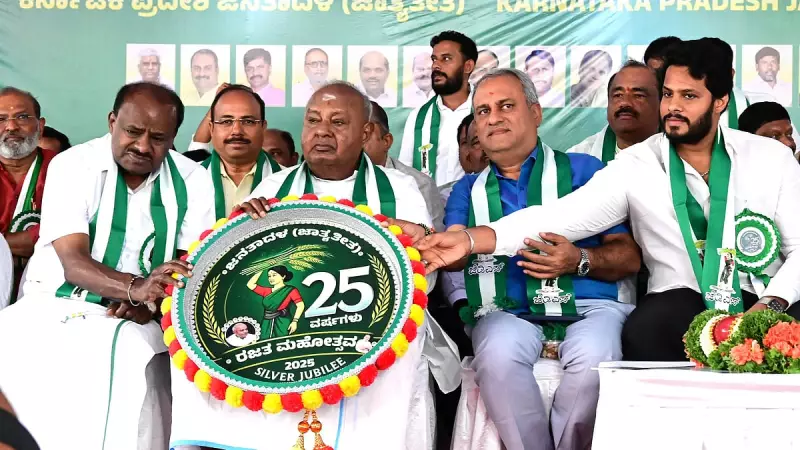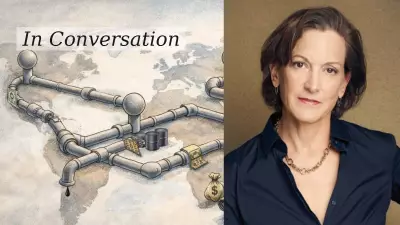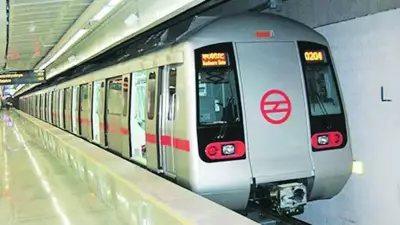
In a significant political revelation that sheds new light on Karnataka's power dynamics, former Prime Minister and Janata Dal (Secular) patriarch H.D. Deve Gowda has disclosed that he personally recommended Siddaramaiah for the chief minister's position to Congress leader Sonia Gandhi.
The Crucial Recommendation
The 90-year-old political veteran made this unexpected disclosure during a press interaction in Bengaluru on Tuesday, providing fresh insights into the behind-the-scenes negotiations that shaped Karnataka's current political landscape. Deve Gowda revealed that his endorsement came during critical discussions about the leadership structure for the state following the assembly elections.
This revelation is particularly noteworthy given the historical political rivalry between Deve Gowda's JD(S) and the Congress party, and the well-documented personal tensions between Deve Gowda and Siddaramaiah over the years. The veteran politician's support for his former protégé-turned-political adversary marks a surprising development in Karnataka politics.
Historical Context and Political Dynamics
The relationship between Deve Gowda and Siddaramaiah has been one of the most compelling political narratives in Karnataka for decades. Siddaramaiah began his political career as a close associate of Deve Gowda within the Janata Parivar before their dramatic fallout, which led to Siddaramaiah joining the Congress party in 2006.
Despite their past differences and the bitter political battles that have characterized their relationship, Deve Gowda's recent disclosure suggests a pragmatic approach to state leadership. His recommendation indicates a recognition of Siddaramaiah's political stature and administrative experience, which ultimately led to Siddaramaiah taking oath as chief minister for the second time in May 2023.
The political landscape in Karnataka has witnessed significant realignments, with the Congress party securing a decisive victory in the 2023 assembly elections, winning 135 out of 224 seats. This victory paved the way for Siddaramaiah's return to the chief minister's office, with D.K. Shivakumar serving as his deputy.
Broader Political Implications
Deve Gowda's revelation carries substantial political weight beyond mere historical interest. It demonstrates the complex negotiations and considerations that shape government formation in Indian states, where past rivals often find common ground for the larger political objective.
The disclosure also highlights the evolving nature of political alliances in Karnataka, where regional parties and national parties must navigate intricate social and political equations. Deve Gowda's gesture toward Siddaramaiah, despite their complicated history, underscores the pragmatic compromises that define Indian politics.
This development assumes additional significance in the context of national politics, where opposition unity and strategic alliances are being discussed ahead of future electoral battles. The dynamics between regional satraps and national parties often determine political outcomes at both state and central levels.
As Karnataka continues to be a crucial political battleground in southern India, such revelations about key political decisions and behind-the-scenes negotiations help illuminate the actual functioning of democracy in one of India's most politically vibrant states.




